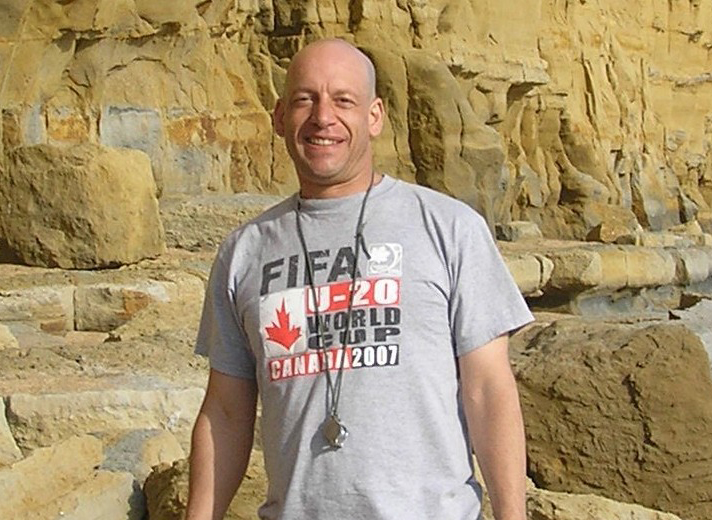
It was the fall 1988, Phil Collins had a ‘Groovy Kind of Love’ on the charts the Calgary Winter Olympics had shined the international spotlight on Alberta.
An ambitious Darryl Jacques, at the age of 23, had already become produce manager at the IGA store in downtown Drumheller.
At the grocery store, Darryl would see many people come and go every day. He said, however, there was one girl that caught his eye.
“I had noticed this beautiful blonde shopping at the store. It turned out a mutual friend suggested I ask her to the company Christmas party. She accepted,” he said.
While neither Darryl and Lisa were born in Drumheller, both grew up in the valley. They were a few years apart in school. “So as far as going through school together, we maybe passed in the hall, but nothing ever sparked back then,” he said.
Darryl was smitten. When asked if the sparks were requited, he says, “I think she was interested also, from what I understood.”
It must have been a good first date, because they kept seeing each other. Lisa also had set her course professionally, beginning working at Winter’s Funeral Home in high school.
“Several romantic dinners, flowers, chocolates, and jewelry; three years later we got married,” said Darryl.
They were married in early 1992 in Drumheller and honeymooned in Hawaii.
This year they will be celebrating 26 years. They have four children; Ayrianna, Dallas, Brady, and Austin. This year Aryianna will be wed.
When asked what their secret to a successful relationship is, Darryl says, “Compromise, you always consider the other person’s goals and feelings.”





























